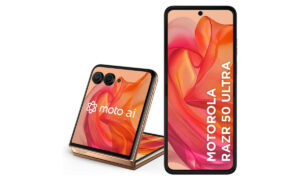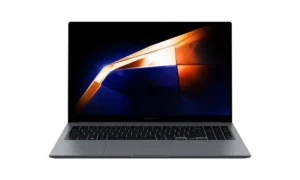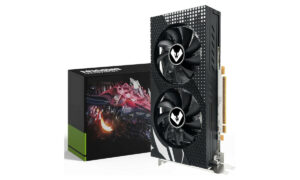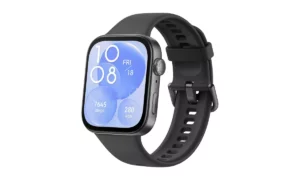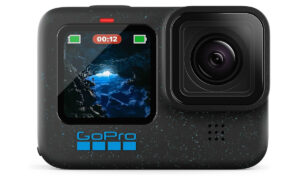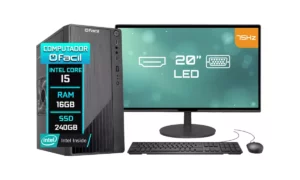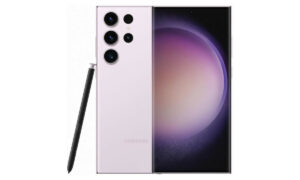
Sistema de gadgets ‘open source’ da Bug Labs ganha projetor pico, módulos 3G e mais
O BUG, plataforma modular de gadgets open source da Bug Labs, ganhou projetor pico, altofalante, Bluetooth/Wi-Fi e módulo de rádio 802.15.4.
O projetor pico e os módulos 3G são os mais interessantes do grupo. O display de DLP tem resolução de 480 x 320, nove lumens e som estéreo integrado. Os módulos 3G podem ser usados para enviar mensagens de texto, estabelecer chamadas e, claro, transmitir dados.
Eu ainda não brinquei com uma unidade, mas há mais de dez gadgets que eu gostaria de tentar fazer com um kit, agora que os módulos 3G e de projetor estão por vir.

Bug Labs Announces New BUGmodules and Applications at CES 2009
Five new programmable multimedia and connectivity modules to encourage further development of open source hardware movement
NEW YORK, NY, Jan 7 2009 /PRNewsWire/ – Today, Bug Labs announces five new BUGmodules that will be unveiled at the 2009 Consumer Electronics Show in Las Vegas. At the Bug Labs Test Kitchen (located at booth #IP209 in the Sands Expo Innovation Pavilion), the team will showcase several innovative new BUG applications which fully demonstrate the endless possibilities of BUG, the open source modular consumer electronics platform.
Each BUGmodule represents a specific gadget function (e.g. a camera, a keyboard, a video output, etc.) that can be snapped to the BUGbase, a programmable Linux-based mini-computer with four available BUGmodule slots.
The five new BUGmodules are:
* BUGprojector, a mini pico-projector module, incorporating DLP® Pico™ technology from Texas Instruments. With a native resolution of 480×320 pixels, stereo playback and a brightness of 9 lumens, users can project videos, photos and presentations on the go.
* BUGsound, an audio module, providing a flush-mount 20-mm speaker and omnidirectional microphone with hardware stereo codecs and four 3.5-mm stereo jacks for third-party inputs, outputs, headphones and microphones. Use BUG as a portable music player, speakerphone, audio processor or more.
* BUG3g GSM, a 3G mobile radio with SIM card input, enabling BUGs to connect to any high-speed GSM network. Users can place calls, send and receive SMSes or transmit data, opening a world of possibilities for mobile and telephony applications.
* BUGwifi, a dual-function 802.11b/g wi-fi and Bluetooth™ 2.0 + EDR radio, offering yet another wireless data connectivity option for the BUGbase, while providing a gateway to a variety of peripherals such as keyboards, mice, headsets and more.
* BUGbee, a low-powered 802.15.4 radio, enabling BUG developers to create short-range personal area network (PAN) applications for home automation, sensor networks, automotive and more.
All new BUGmodules will ship this quarter, with pricing, technical specifications and availability information announced on the Bug Labs blog (http://bugblogger.com) in the coming weeks.
These five modules complement the initial batch of BUGmodules, including BUGlocate (GPS), BUGcam2MP (digital camera), BUGmotion (motion sensor and accelerometer) and BUGview (touchscreen LCD). And with the recent addition of BUGvonHippel, a breadboard module enabling users to add virtually any interface to their BUGbase, developers are given more control in making BUG the center of their device universe.
"We’re really excited about advancing the world of ‘hardware mashups,’ and we believe these new modules will help the open source community take consumer electronics to a new level," said Peter Semmelhack, Bug Labs’ founder and CEO. "For example, adding the BUGprojector with BUGcam2MP and BUG3G would make a great device for displaying online video calls in a group setting."
Additionally, BUGprojector incorporates technology from Texas Instruments (NYSE: TXN), and marks the first BUGmodule developed in partnership with a major consumer electronics manufacturer.
"We believe that the BUGprojector has tremendous potential for open source electronics," said Frank J. Moizio, Manager, DLP Front Projection Emerging Markets business "We are excited that the DLP Pico chipset is enabling such innovation and creativity with a company like Bug Labs.”
This is Bug Labs’ (http://buglabs.net) second year at the Consumer Electronics Show in Las Vegas. In 2008, the company won the CNET Best of CES Award for Emerging Technologies.
